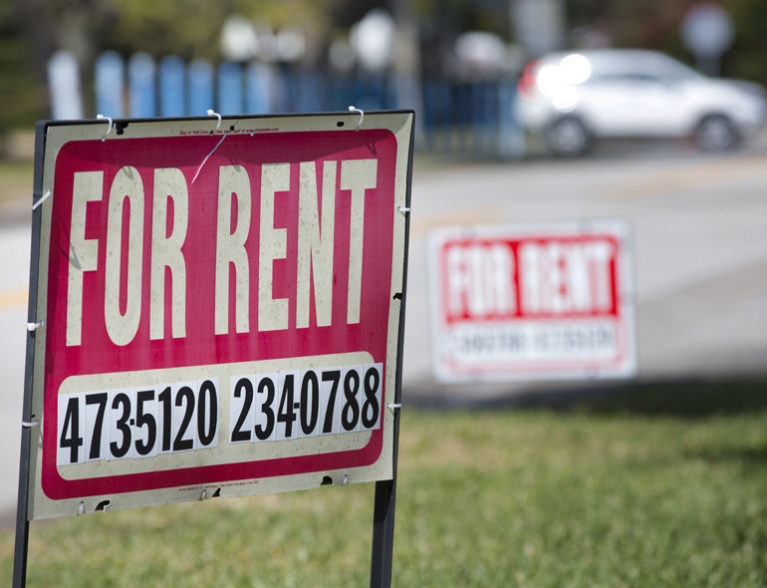
INDIAN RIVER COUNTY — Much stiffer fines for violations of short-term vacation rental regulations led a list of recommendations by the Short Term Vacation Rental Advisory Committee (STVRAC), as the County Commission instructed staff to get the ball rolling on a formal vacation rental ordinance, and continued to wrestle with the issue of per-unit sleeping occupancy limits, especially as they relate to the capacity of the unit’s sewer/septic system.
Staff and the STVRAC recommended: a $50 fine per vehicle for first violation and $100 per vehicle for each repeat violation. For commercial events at residences, fines “should be substantially higher so as not to be absorbed as a ‘cost of doing business.’ ”
They also recommended a fine of $1,000 for the first violation and $5,000 for repeat violations of the commercial events at residences restriction. The final recommendation sets a 30-business day deadline, after notice, for an unlicensed rental unit to obtain a county license, with a $100-a-day fine after the deadline.
Staff felt it important to note that “all county regulations applicable to a single-family residence (e.g. use and limitations on docks, noise and nuisance regulations, environmental regulations) apply to vacation rentals as well.”
As has been the case in the past, the hot-button topic sparked emotional input from both sides, pitting neighboring residents against short-term rental property owners, many of them members of the now “sun-setted” STVRAC, which had met six times between October 2015 and March 2016. It consisted, specifically, of individuals on both sides of the issue.
Apparently, committee members had struggled to reach consensus as they sought equitable, useful regulations, and several told the BCC the process had been a contentious train wreck. More than once during public comment, BCC Chairman Bob Solari found it necessary to bang the gavel, reminding speakers to refrain from personal attacks.
In 2012, the BCC had adopted regulations clarifying the definition of a short-term rental, as distinguished from a hotel/motel/lodging. At that time, the board directed staff to track site-specific complaints and coordinate with the state to ensure local vacation rentals comply with state licensing requirements as well as local tax obligations. Over the next four years, Code Enforcement has received complaints on 18 site-specific, suspected unlicensed units.
Concerns expressed to the BCC last summer, which focused on vacation rentals and short-term rentals of residences for large events, mostly concerned over-parking and outdoor noise and disturbances. In response, the board adopted prohibitions on commercial events such as weddings, and adopted parking standards. The STVRAC felt additional regulations were needed, and these were presented at the April 12 BCC meeting.
According to Community Development Director Stan Boling, staff will now initiate the formal land development regulation (LDR) amendment process, for review and adoption of the recommended ordinance. Additionally, staff will continue to explore how best to establish occupancy limits, including the potential negative impact additional users (short-term renters) might have on a residence’s septic system; and will also look closely at the recommended violation fine schedule.
Boling anticipates scheduling a public hearing before the Planning and Zoning Commission in May, and a public hearing before the BCC in June.



